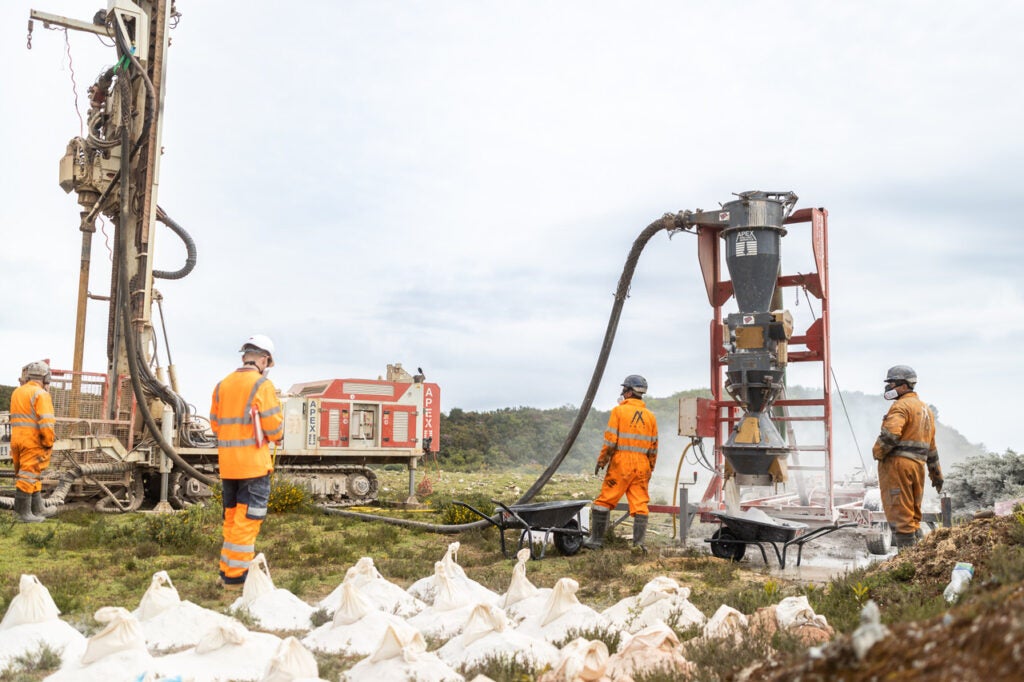
Lithium miners in Cornwall in the south-west of the UK have welcomed the announcement of a new electric vehicle (EV) battery gigafactory to be opened in the region.
The factory, being developed by Tata, the owners of car manufacturer Jaguar Land Rover (JLR), is expected to create 4,000 UK jobs, excluding those in the wider supply chain. The gigafactory will be one of the largest in Europe and begin production in 2026.
Imerys British Lithium (IBL), a joint venture formed between Imerys and British Lithium last month, “warmly welcomed” the announcement. The company plans to begin mining lithium carbonate from Cornwall’s first lithium mine in 2028. It will be the largest lithium mine in the UK.
“Lithium carbonate is an essential component of electric car batteries and, with JLR’s gigafactory announcement following hot on the heels of IBL’s joint venture, the south-west region looks set to become a key part of the UK’s transition to electric car manufacture by 2030,” the company said in a statement.
IBL says that its mine could meet roughly two-thirds of the UK’s estimated battery demand by 2030. The UK Government has introduced a target for the same year by which point all cars sold in the UK must be capable of driving with zero emissions.
The UK Government has provided “subsidies worth hundreds of millions of pounds” to the project, as reported by the BBC. Tata has also said it will invest £4bn ($5.1bn) in the gigafactory.
“Thanks to government support we are seeing the key pieces falling into place and now have both ends of the electrical vehicle supply chain in the south-west,” said IBL CEO Andrew Smith.
“We welcome the fact that the government is clearly stepping up efforts to support the electric vehicle and battery supply chain in the UK and are delighted that the new gigafactory will be located in the south-west,” Jeremy Wrathall, CEO of miner Cornish Lithium, also told Cornwall Live.
In March of this year, the UK Government updated its critical mineral strategy in order to increase domestic production. The government predicts that by 2040 the country will need four times as many critical minerals for energy transition technologies as it does now.




